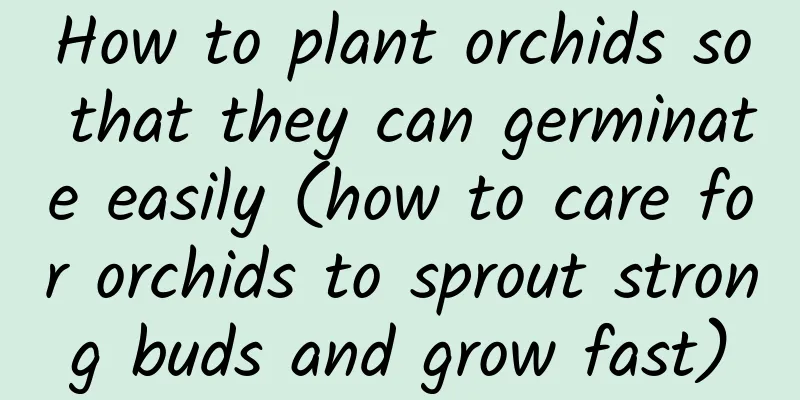How to propagate gerbera

Seeding methodUsually, each gerbera flower can produce twenty to thirty seeds, which can be sown in spring or autumn. Spring sowing is in March and May, and autumn sowing is in September and October. After the seeds are mature, they should be sown in pots as they have a short lifespan and should not be stored for a long time. It is best to carry out artificial assisted pollination during the flowering period. The seed germination rate is low, only about 50%. Cover with paper after sowing to prevent direct sunlight. The temperature should be 20-25℃ and it will germinate in about two weeks. Sixty to seventy days after sowing, when the seedlings have three or four true leaves, transplant them into pots or plant them in the open field. If cultivated properly in two or three months, they can be seen blooming. Division methodDivision propagation is usually carried out in March and April. First dig out the mother plant and divide it into several sub-plants. The sub-plants must have buds and roots, and should not be too small. The potting should not be too deep. It is best to dig holes and plant two plants in a group. This will help increase the number of flowers. If drought occurs during the growing period, the plants should be watered sufficiently. When watering, the center of the leaves should not be wet and should be kept dry, otherwise the flower buds will easily rot. The optimum temperature for growth is 20-25℃, and it should be kept above 12℃ in winter. With careful maintenance, it can bloom all year round. Regularly removing the vigorous and excessive outer old leaves is conducive to the growth of new leaves and new flower buds, as well as to ventilation, allowing it to continue flowering. It needs plenty of sunlight during its growth period, so that the flower stalks are upright and the flowers are brightly colored. If there is insufficient sunlight, the leaves will be thin and yellow, the flower stalks will be soft and drooping, and the flowers will be small and light in color. In vitro seedling methodIf test tube seedling cultivation can be implemented in places where conditions permit, it will be more beneficial to accelerate the breeding and promotion of improved varieties. At present, the Netherlands, the United States, Japan, West Germany and other countries have successfully produced a large number of test tube seedlings by using leaf in vitro culture, and then used soilless cultivation to invest in corporate production of flowers. The Shanghai Institute of Gardening in China also uses tissue culture to propagate large numbers of gerberas. |
<<: Cutting propagation method of goldfish spider plant
>>: The division propagation method of Alpinia glabra
Recommend
What crops are suitable for growing in swamps? What crops are suitable for growing in swamps?
Swamps refer to muddy areas that have been soaked...
What are the factors that affect the flowering of crape myrtle?
Reason 1: No shaping and pruning during the growt...
Can hawthorn seeds be planted? Planting time and method
Hawthorn seed planting Hawthorn seeds can be plan...
When and how to plant grape hyacinths
1. Planting time When planting, you must choose t...
What are the breeding methods and precautions of Liubeili?
Liubaili is a herbaceous plant. It only needs one...
How to care for hydroponic anthurium
Anthurium hydroponic method 1. Prepare the nutrie...
What to do when cherry blossoms drop leaves
Cherry blossoms dropping leaves is a seasonal cha...
What are the cultivation methods and precautions of big-headed orchid?
Growth habits of big-headed orchid The big-headed...
What to do if the leaves of the rubber tree droop
1. Fertilizer We should understand that this prob...
Which month is best to plant lettuce?
Lettuce is now a widely consumed leafy vegetable,...
How to grow jasmine in spring
1. Repotting in late spring Because jasmine likes...
How to propagate and raise the Moon Rabbit Ear Succulent
1. How to propagate Moon Rabbit Ear Succulent 1. ...
How to grow water poppy
1. Water quality selection It is usually cultivat...
What flowers are suitable for growing in Karamay? What are the city flowers and trees?
1. Climate characteristics of Karamay Karamay has...
What are the characteristics of Impatiens
1. Appearance characteristics The flowers of Impa...









